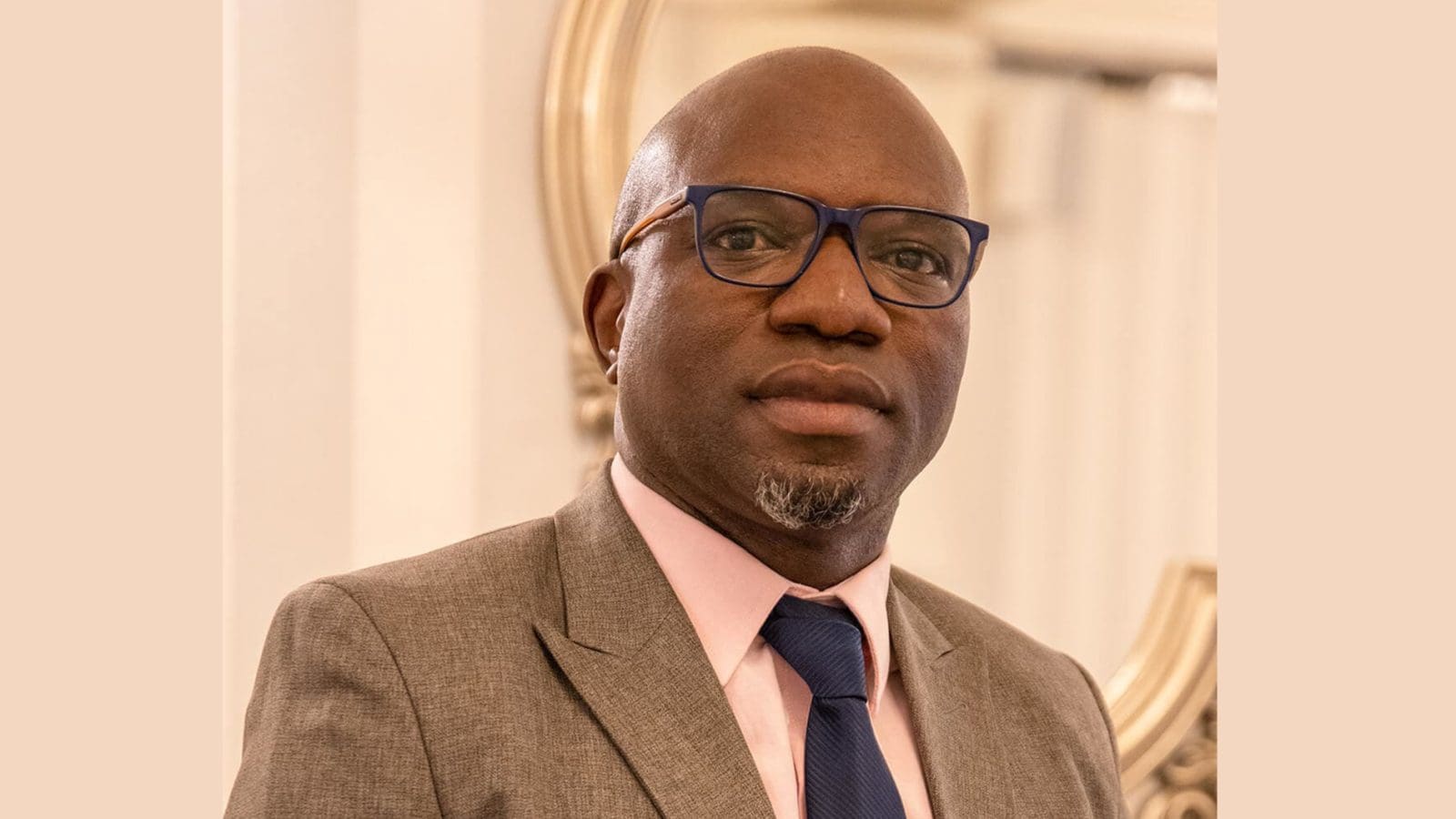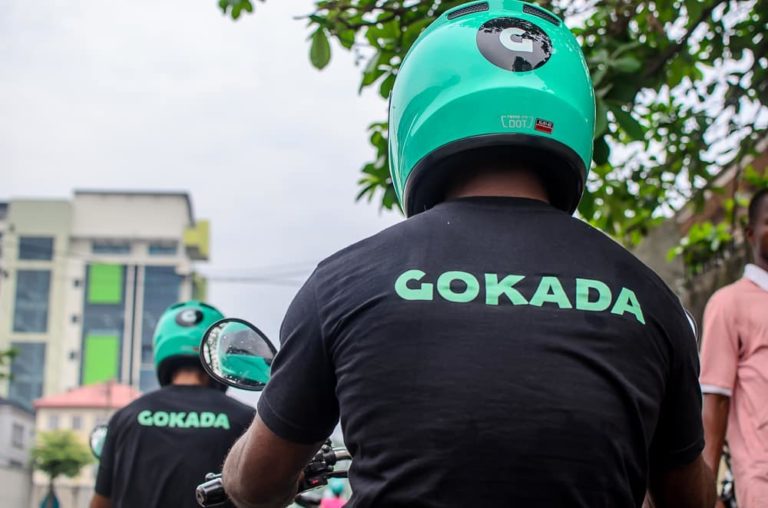African business leaders are predicting a boom in start-up businesses across the continent as the number of working-age people launching new firms expands, new research for blockchain-based mobile network operator World Mobile shows.
Start-ups across the continent are currently valued at around $7.6 billion – around 0.2% of the total $3.8 trillion value of start-ups globally** – but nearly seven out of 10 (69%) of senior African business executives believe that will more than double in the next five years.
The rise in the predicted value of start-ups will be driven by growth in the numbers of people starting companies, the study with African business leaders from companies with combined annual revenues of more than $6.75 billion found.
Before the pandemic around 22% of working age adults on the African continent started new businesses***. But the research among senior executives based in Angola, Botswana, Cameroon, Ethiopia, Ghana, Nigeria, South Africa, and Tanzania found they expect that number to grow.
More than two out of five (43%) business leaders believe around a quarter of working age adults will have started their own businesses within five years. Almost all (97%) questioned expect the rate to increase from the pre-pandemic 22%.
Business leaders worry new business creation could be blocked by cumbersome regulations and a lack of digital skills due to poor internet connectivity seen as the biggest issues ahead of limited funding and fragmented markets.
They are hopeful about improvements – 70% expect the regulatory issue to become less of a problem over five years while 60% believe the digital skills gap on the continent will close.
World Mobile is aiming to revolutionise internet connectivity in sub-Saharan Africa which is essential to improving digital skills. It is already working with the government in Zanzibar where it is launching a unique hybrid mobile network delivering connectivity supported by low altitude platform balloons.
Its blockchain-based network vastly reduces capital expenditure and cuts prices compared to traditional telecom operators and World Mobile is in discussions to expand in Tanzania and Kenya, as well as other territories underserviced by traditional mobile operators.
Micky Watkins, CEO of World Mobile said: “The numbers of Africans starting their own businesses pre-pandemic was already very impressive and it is interesting to see that senior business leaders across the continent expect even more expansion.
“More than doubling the value of start-ups on the continent over the next five years will have a major impact on employment and standards of living and governments are working hard to make this happen by removing regulation and addressing the digital skills gap.
“We are focused on providing affordable and reliable internet connectivity and in addition we are going to work with governments to support projects such as providing free, unlimited internet access to schools across Zanzibar.”
World Mobile’s balloons will be the first to officially launch in Africa for commercial use, offering a more cost-effective way to provide digital connection to people and is the first step in its mission to help bring nearly four billion people online before 2030 in line with the UN and World Bank’s SDGs.
The World Mobile approach is more sustainable, in environmental, social and governance terms. Environmental impacts are mitigated using solar-powered nodes, second-life batteries, and energy-efficient technology. World Mobile creates a positive societal impact through the application of its circular economy model – a “sharing economy” where locals share in the ownership and rewards of the network.

 Billionaire Watch3 weeks ago
Billionaire Watch3 weeks ago
 Startups4 weeks ago
Startups4 weeks ago
 News4 weeks ago
News4 weeks ago
 News4 weeks ago
News4 weeks ago
 Bitcoin4 weeks ago
Bitcoin4 weeks ago
 Naira4 weeks ago
Naira4 weeks ago
 Forex3 weeks ago
Forex3 weeks ago
 Treasury Bills4 weeks ago
Treasury Bills4 weeks ago





















